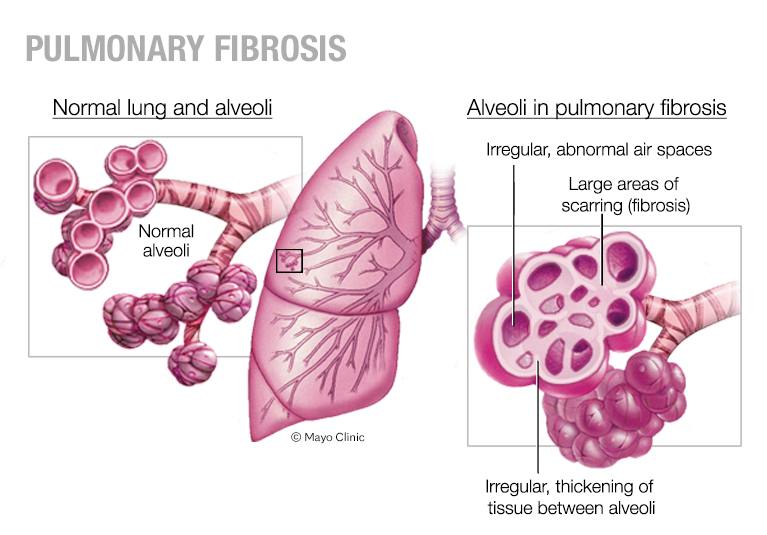If you have feather bedding or clothing and have some breathing concerns, you should learn about feather duvet lung.
Feather duvet lung or hypersensitivity pneumonitis, is a lung problem caused by sensitivity to antigen from feathers in duvets and pillows filled with duck or goose feathers. Breathing in this dust triggers a reaction in the body, causing lung inflammation and difficulty breathing.
Dr. Ana Zamora-Martinez, a Mayo Clinic pulmonologist, says repeated exposure can lead to irreversible pulmonary (lung) fibrosis, where the lungs become permanently scarred and damaged.
Watch: The Mayo Clinic Minute
Journalists: Broadcast-quality video (1:05) is in the downloads at the end of this post. Please courtesy: “Mayo Clinic News Network.” Read the script.
Down-filled comforters, pillows and jackets may feel luxurious, but breathing in dust from these feathers can cause lung inflammation in some people.
“A sensitivity in the lungs. That is an inflammation that if not treated on time can progress to fibrosis, which is scarring in the lungs,” says Dr. Zamora-Martinez.
It can take days or months of exposure before a person has symptoms.
“The symptoms are shortness of breath, cough. You can have a fever, or low-grade fever, not high grades —just feeling unwell, malaise,” she says.

Pulmonary fibrosis is irreversible, but there are treatments to halt its progression.
“We can prevent that inflammation that is still there, give it a steroid and melt the inflammation. Give it immunosuppression, and melt inflammation, and then it heals normally and does not progress to scarring or fibrosis,” Dr. Zamora-Martinez says.
And what about all that down?
“The most important thing is to get rid of the antigen.”
Dr. Zamora-Martinez says if you like the feel of down but are concerned, there are down alternatives to feather bedding to consider.
And she says it’s important to pay attention to your breathing. If you have difficulty breathing and getting air into your lungs, seek medical attention.
There are many types of pulmonary fibrosis. The most common type is idiopathic pulmonary fibrosis (IPF), which has no known cause. Other forms of pulmonary fibrosis can be triggered by autoimmune diseases, viral infections, gastroesophageal reflux disease (GERD) and environmental exposures.
Diagnosis may include lung function tests, imaging tests such as chest x-ray or computerized tomography (CT) scan, biopsy and blood tests
Learn about pulmonary fibrosis care at Mayo Clinic.
